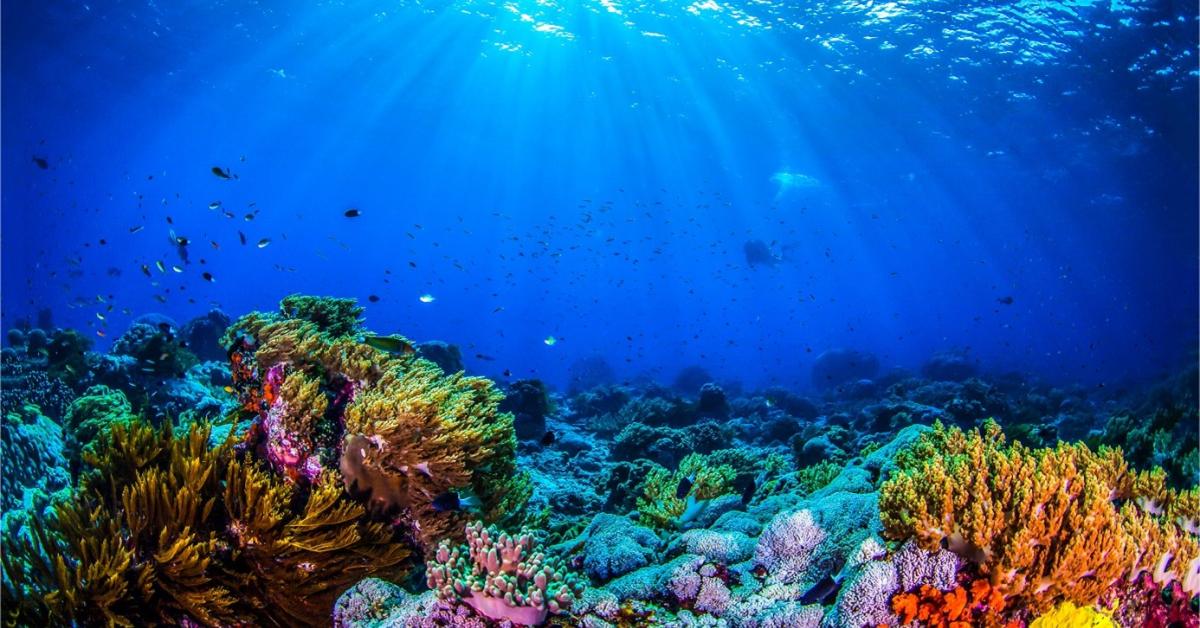As the UNESCO Chair in Marine Sciences led by Prof. Vethamony, the team is committed to protecting and preserving the marine environment in the Arabian Gulf. They are closely monitoring pollution in the region, including oil, industrial effluents, and microplastics. The team is also studying the long-term effects of the 1991 Gulf War oil spill on flora and fauna in the area through tar mats.
The UNESCO Chair in Marine Sciences has formed partnerships with private companies to work on projects that aim to restore coastal and marine habitats such as mangroves and coral reefs. These ecosystems have been severely impacted by human activities and climate change. Mangrove restoration is crucial for combating climate change and preventing coastal erosion, while artificial coral reefs planted by the team have shown promising results with fish populations returning to the area.
In addition to their work on habitat restoration, the UNESCO Chair in Marine Sciences is involved in innovative research projects on aquaculture, collaborating with universities such as Malaysia and Tokyo University of Marine Science and Technology. One project explores using insect meal as a protein substitute for fish stocks, addressing growing pressure on fish resources. The Chair is also working with UNESCO regional partners to promote careers in sustainable ocean practices, particularly targeting young professionals.
Professor Vethamony’s dedication to sustainable ocean practices and environmental conservation drives his work with other organizations such as UNESCO Chair on Technical and Vocational Education and Sustainable Development in Qatar. Together they aim to inspire future generations of professionals to pursue careers in marine sciences and environmental sustainability.
Overall, Professor Vethamony’s efforts are vital for maintaining a healthy marine ecosystem in the Arabian Gulf region.



